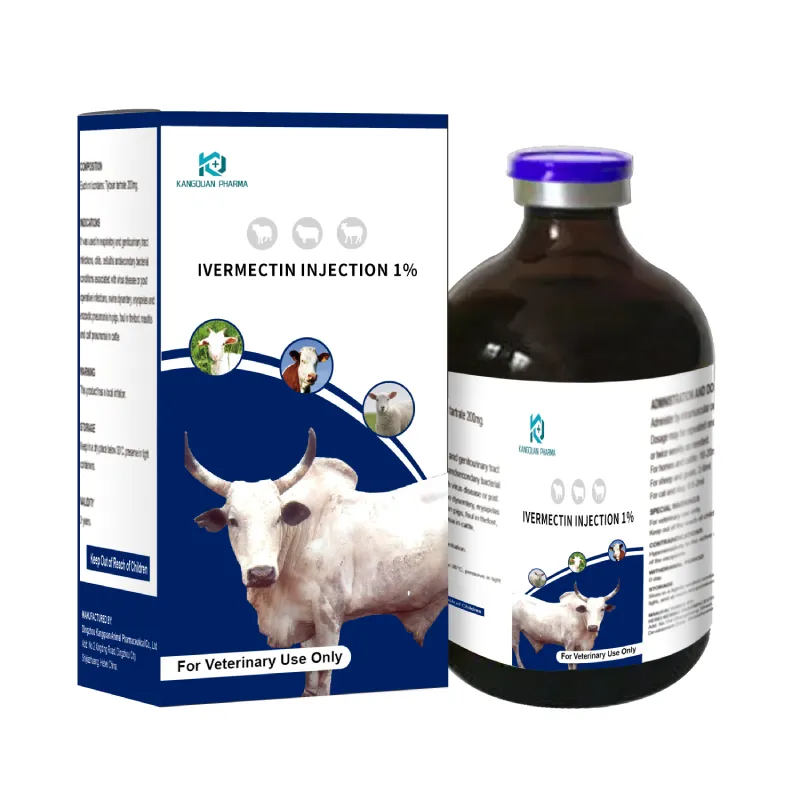- Afrikaans
- Albanian
- Amharic
- Arabic
- Armenian
- Azerbaijani
- Basque
- Belarusian
- Bengali
- Bosnian
- Bulgarian
- Catalan
- Cebuano
- Corsican
- Croatian
- Czech
- Danish
- Dutch
- English
- Esperanto
- Estonian
- Finnish
- French
- Frisian
- Galician
- Georgian
- German
- Greek
- Gujarati
- Haitian Creole
- hausa
- hawaiian
- Hebrew
- Hindi
- Miao
- Hungarian
- Icelandic
- igbo
- Indonesian
- irish
- Italian
- Japanese
- Javanese
- Kannada
- kazakh
- Khmer
- Rwandese
- Korean
- Kurdish
- Kyrgyz
- Lao
- Latin
- Latvian
- Lithuanian
- Luxembourgish
- Macedonian
- Malgashi
- Malay
- Malayalam
- Maltese
- Maori
- Marathi
- Mongolian
- Myanmar
- Nepali
- Norwegian
- Norwegian
- Occitan
- Pashto
- Persian
- Polish
- Portuguese
- Punjabi
- Romanian
- Russian
- Samoan
- Scottish Gaelic
- Serbian
- Sesotho
- Shona
- Sindhi
- Sinhala
- Slovak
- Slovenian
- Somali
- Spanish
- Sundanese
- Swahili
- Swedish
- Tagalog
- Tajik
- Tamil
- Tatar
- Telugu
- Thai
- Turkish
- Turkmen
- Ukrainian
- Urdu
- Uighur
- Uzbek
- Vietnamese
- Welsh
- Bantu
- Yiddish
- Yoruba
- Zulu
Dic . 18, 2024 00:06 Back to list
tylosin injection veterinary
Tylosin Injection in Veterinary Medicine An Overview
Tylosin is a macrolide antibiotic commonly used in veterinary medicine to treat various bacterial infections in animals. It is particularly effective against gram-positive bacteria and is often used in livestock, poultry, and companion animals. The importance of tylosin in veterinary practices cannot be overstated, as it plays a crucial role in enhancing animal health, improving productivity, and ensuring food safety for human consumption.
Mechanism of Action
Tylosin functions by inhibiting bacterial protein synthesis. It binds to the 50S ribosomal subunit of bacteria, effectively preventing the growth and reproduction of harmful bacterial strains. Given its broad-spectrum activity, tylosin is particularly useful in treating respiratory infections, enteritis, and other diseases caused by susceptible organisms. Its efficacy extends to controlling specific pathogens that cause significant health issues in livestock, including Mycoplasma and Actinobacillus species.
Applications in Veterinary Medicine
The primary applications of tylosin in veterinary medicine include
1. Livestock Tylosin is widely used in pig farming to combat swine respiratory disease and to improve feed efficiency. In cattle, it controls specific bacterial infections that can adversely affect growth rates and overall health. In poultry, it aids in the prevention and treatment of bacterial infections, contributing to overall flock health and productivity.
2. Companion Animals In dogs and cats, tylosin is sometimes prescribed to treat gastrointestinal diseases, particularly those caused by bacterial imbalance in the intestines. It may also be utilized for conditions like chronic diarrhea and inflammatory bowel disease.
3. Preventive Measures Beyond treatment, tylosin serves as a preventive measure in some livestock settings. By administering tylosin in low doses through feed or water, farmers can reduce the incidence of infections, minimizing the reliance on more potent antibiotics and decreasing the development of antibiotic resistance.
tylosin injection veterinary

Administration and Dosage
Tylosin is available in injectable form and as an oral preparation, allowing for flexibility in administration based on the specific needs of the animal and the nature of the disease being treated. Dosage varies depending on the species, weight, and severity of infection. Veterinarians typically determine the appropriate dosage and duration of treatment based on clinical guidelines and their professional judgment.
Safety and Side Effects
While tylosin is generally considered safe when used as directed, there are potential side effects associated with its use. Common adverse reactions may include gastrointestinal disturbances, such as diarrhea or nausea. Allergic reactions can also occur, although they are rare. It is crucial for veterinarians to assess the health status of the animal and monitor for any side effects throughout the treatment process.
Additionally, because tylosin is an antibiotic, there are concerns regarding the potential development of antimicrobial resistance. Responsible use is essential, and veterinarians are encouraged to adhere to strict guidelines to reduce unnecessary exposure and prevent resistance.
Food Safety and Withdrawal Periods
For animals used for food production, such as cattle and poultry, one of the critical considerations when using tylosin is the withdrawal period. This is the time required after the last treatment before the animal can be slaughtered for food or the milk can be sold. Failure to adhere to withdrawal times can result in antibiotic residues in meat and milk, posing risks to consumer health and potentially leading to regulatory consequences for farmers.
Conclusion
Tylosin injection in veterinary medicine is a powerful tool for treating and preventing bacterial infections in various species. Its applications in livestock and companion animal care contribute significantly to animal health and productivity. However, responsible use is paramount to ensure safety, minimize resistance, and protect food quality. As veterinary practices continue to evolve, tylosin will remain an important component in the toolkit of animal health professionals striving to enhance livestock and companion animal welfare. As with any antibiotic, ongoing education and adherence to best practices will be crucial in maintaining the efficacy of tylosin in veterinary medicine.
-
Guide to Oxytetracycline Injection
NewsMar.27,2025
-
Guide to Colistin Sulphate
NewsMar.27,2025
-
Gentamicin Sulfate: Uses, Price, And Key Information
NewsMar.27,2025
-
Enrofloxacin Injection: Uses, Price, And Supplier Information
NewsMar.27,2025
-
Dexamethasone Sodium Phosphate Injection: Uses, Price, And Key Information
NewsMar.27,2025
-
Albendazole Tablet: Uses, Dosage, Cost, And Key Information
NewsMar.27,2025













